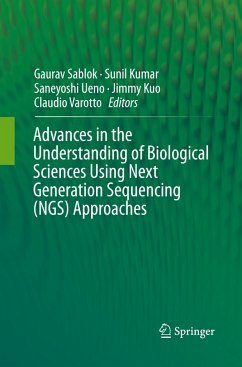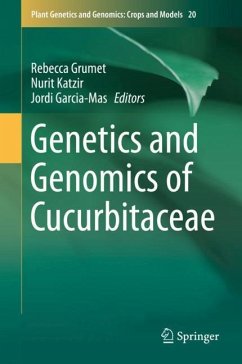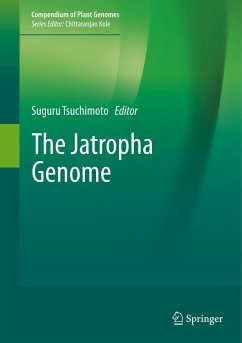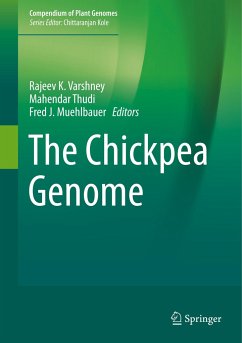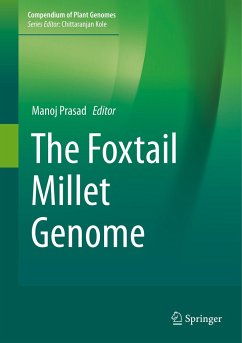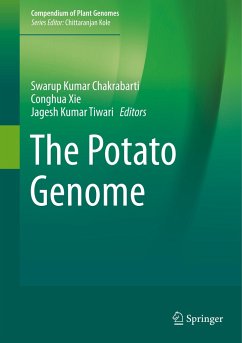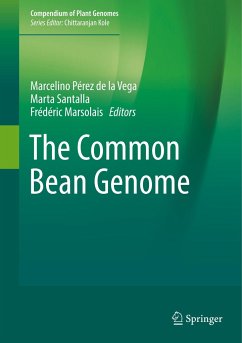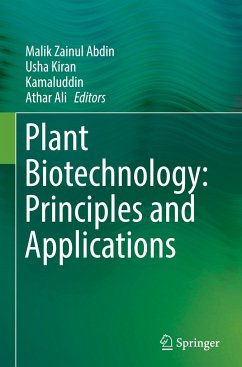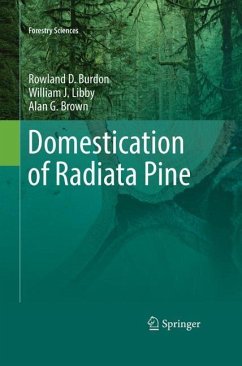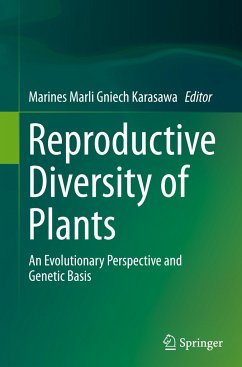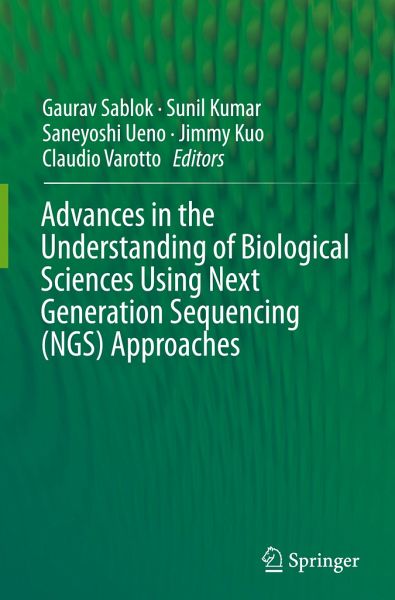
Advances in the Understanding of Biological Sciences Using Next Generation Sequencing (NGS) Approaches

PAYBACK Punkte
38 °P sammeln!
Provides a global view of the recent advances in the biological sciences and the adaption of the pathogen to the host plants revealed using NGS. Molecular Omic's is now a major driving force to learn the adaption genetics and a great challenge to the scientific community, which can be resolved through the application of the NGS technologies. The availability of complete genome sequences, the respective model species for dicot and monocot plant groups, presents a global opportunity to delineate the identification, function and the expression of the genes, to develop new tools for the identifica...
Provides a global view of the recent advances in the biological sciences and the adaption of the pathogen to the host plants revealed using NGS. Molecular Omic's is now a major driving force to learn the adaption genetics and a great challenge to the scientific community, which can be resolved through the application of the NGS technologies. The availability of complete genome sequences, the respective model species for dicot and monocot plant groups, presents a global opportunity to delineate the identification, function and the expression of the genes, to develop new tools for the identification of the new genes and pathway identification. Genome-wide research tools, resources and approaches such as data mining for structural similarities, gene expression profiling at the DNA and RNA level with rapid increase in available genome sequencing efforts, expressed sequence tags (ESTs), RNA-seq, gene expression profiling, induced deletion mutants and insertional mutants, and gene expression knock-down (gene silencing) studies with RNAi and microRNAs have become integral parts of plant molecular omic's. Molecular diversity and mutational approaches present the first line of approach to unravel the genetic and molecular basis for several traits, QTL related to disease resistance, which includes host approaches to combat the pathogens and to understand the adaptation of the pathogen to the plant host. Using NGS technologies, understanding of adaptation genetics towards stress tolerance has been correlated to the epigenetics. Naturally occurring allelic variations, genome shuffling and variations induced by chemical or radiation mutagenesis are also being used in functional genomics to elucidate the pathway for the pathogen and stress tolerance and is widely illustrated in demonstrating the identification of the genes responsible for tolerance in plants, bacterial and fungal species.




